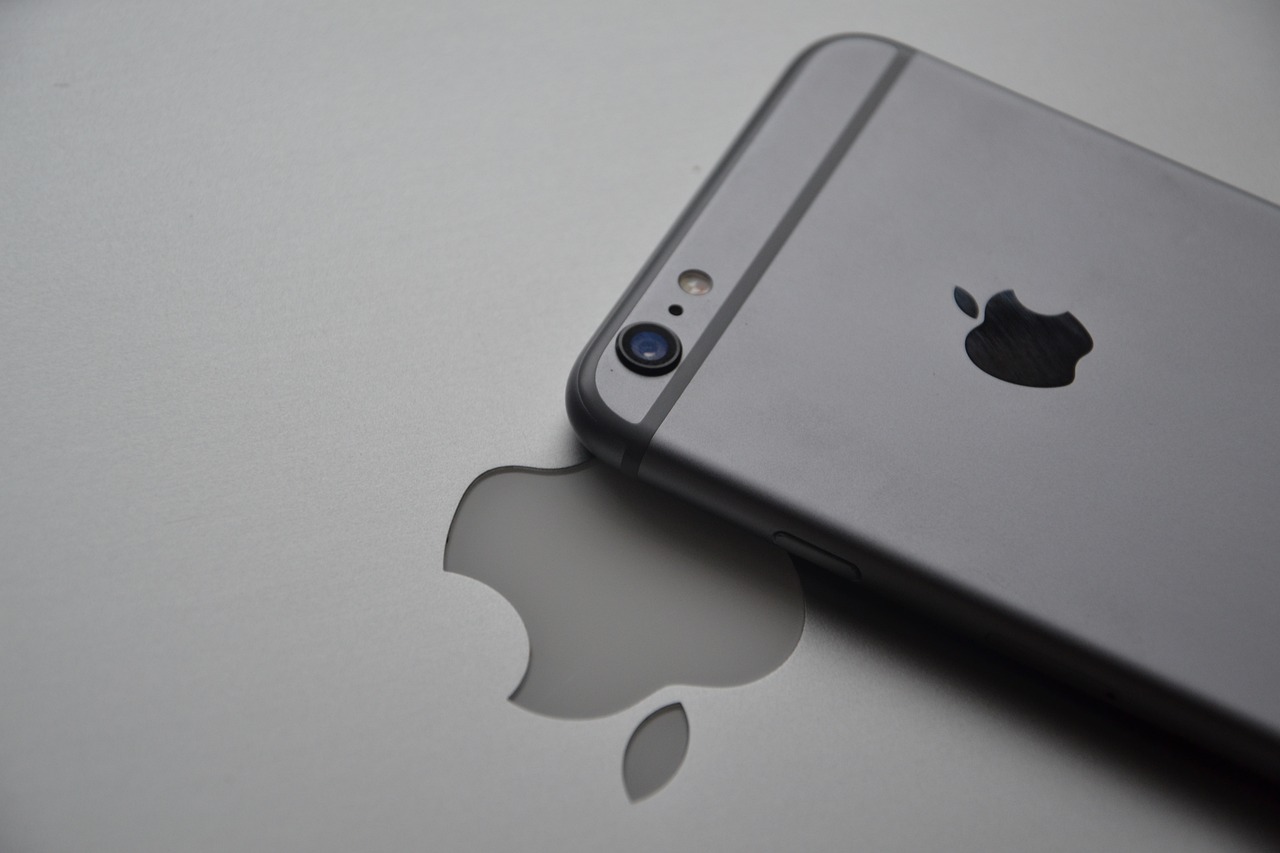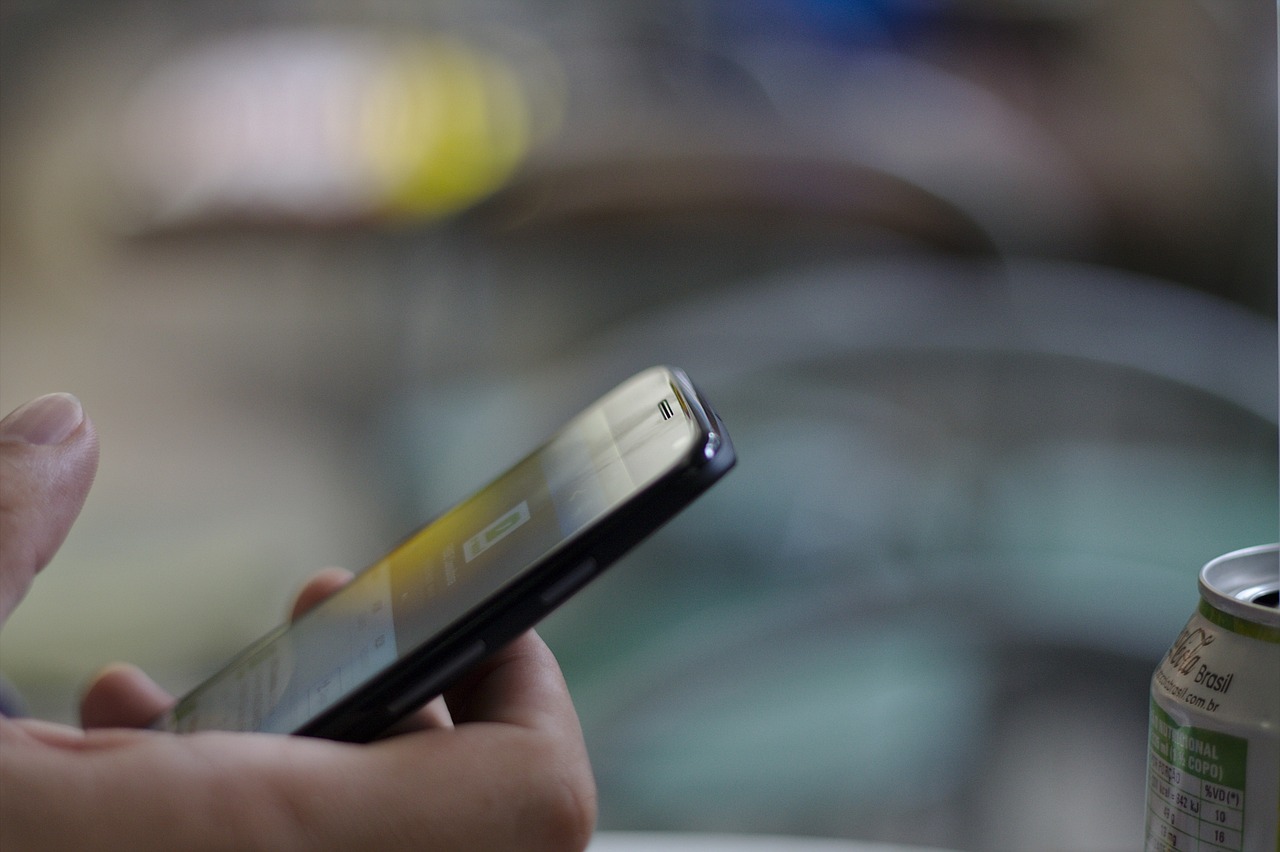Find out whether this is a myth or a truth. Understand what using the device in the dark can do to your vision.
Watching TV, sitting in front of a computer or using a smartphone are now everyday activities for most people. However, there is a saying that suggests that getting too close to the screen can damage your eyesight, especially if it is done in the dark.
Since the advent of mobile phones, many people use devices on a daily basis and tend to view information by keeping their eyes close to the screen. After all, does this really matter for vision health? Read on to find out.

Blue light and eye health
Due to the heavy use of cell phones, companies have developed ways to reduce the famous blue light on screens, allowing users to use their smartphones more comfortably. The logic behind this is that the bright light from a cell phone can cause problems for the user's eyes, unlike the dim light in the room.
To find out whether using your cell phone in the dark is harmful, we have compiled information from doctors and experts on the subject. “As we get older, it becomes increasingly difficult to read. This is due to the way our eyes perceive the contrast between black and white. Young eyes can distinguish well in less light, but as we get older, more light is needed to clearly distinguish between black and white,” Garry Tracy said in an interview with The Journal.
Is using a cell phone in the dark harmful?
One truth to this adage is that using screens in the dark can cause significant eye strain, which is scientifically proven to happen to many people. As explained in a study conducted by the Lighting Research Center (LRC) in the US, the less participants used screens in low-light environments, the less they blinked, resulting in less eye strain and overall fatigue.
The idea is that a lack of ambient light or the bright lighting of a smartphone can cause the above problems, as users strain their eyes to see the content on the screen. It has been reported that using a cell phone in the dark for too long and too often causes eye fatigue and dryness. In a study of babies, Thai scientists found that the longer babies were exposed to devices, the less they slept afterwards. In any case, eye strain is temporary, just like lack of sleep.
Myth or truth?
The truth is that most of the information about using cell phones in the dark is a myth. Tracy believes that this myth was created to get children to sleep at reasonable hours and keep them away from cell phones, TV and computer screens. before bed. He points out that we have been hearing this story since the advent of television, so it has effectively become a fact, including in the use of computers and smartphones. But these words are not entirely true.
There’s no solid evidence that screens actually cause eye problems, just temporary discomfort. In fact, looking at anything (not just your phone screen) for long periods of time can cause eye strain, dryness, and other discomforts. The same thing happens if you spend too much time looking at a book, for example.
Human vision tends to deteriorate over time, which is why many people need to wear glasses as they get older. One tip to avoid eye strain and keep your eyes moist is to blink frequently, but don't worry, your cell phone won't make you nearsighted. However, turning on the lights in your room and move away from the screens nighttime can also help reduce momentary discomfort.



